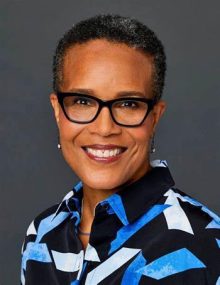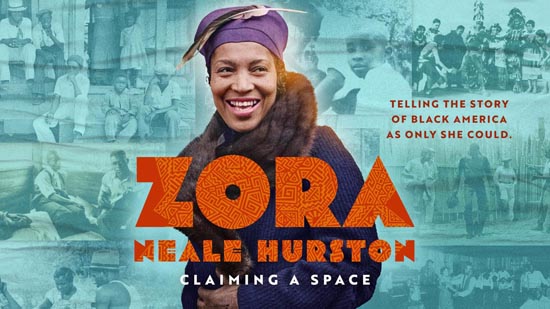PBS’s new documentary reveals a complicated early champion of the Black experience.
Raised in the small all-Black town of Eatonville, Zora Neale Hurston studied at Howard University before arriving in New York in 1925. She would soon become a key figure of the Harlem Renaissance, best remembered for her novel, Their Eyes Were Watching God.
But even as she gained renown in the Harlem literary circles, Hurston was also discovering anthropology at Barnard College with the renowned Franz Boas. She would make several trips to the American South and the Caribbean, documenting the lives of rural Black people and collecting their stories. She studied her own people, an unusual practice at the time, and during her lifetime became known as the foremost authority on Black folklore.
Hurston believed that by studying anthropology, she could fight the stereotypes and celebrate the richness of Black culture. The leading experts in that field (all white and mostly male) didn’t care about learning about our strengths. They wanted to use evidence to suggest that our people were less than and inferior. Hurston knew better and worked with a slim safety net to prove the truth.
Hurston grew up in Eatonville, Florida, one of the oldest Black-incorporated municipalities in the US. As a child, Hurston would hang out on the porch of the town’s general store listening to tall tales and other stories. Her love of Black folk’s stories is reflected in her life as an anthropologist.

According to the film’s director, Tracy Heather Strain, Hurston “had taken it upon herself to travel down South, facing a variety of dangers, to connect with communities and to collect folklore and stories and religious practices, because she realized that it was significant, it was beautiful, and that it was just one piece of the puzzle to help combat the idea that Black people had no culture.”
Directed by Tracy Heather Strain, produced by Randall MacLowry, and executive…
Read the full article here



